Milk Sharing
Becoming a parent has been such an education. I had no idea how much I didn’t know until I became a mom. To be fair, it’s mostly stuff I would not have been interested in knowing prior to having a baby. My most recent lesson was about breast milk banks and donating human milk; the fact that they exist (in some places) and how to get involved.

I’m not going to focus on the breast milk vs. formula debate because it’s a personal choice. However, if you are a breastfeeding mother (or plan to be in the future) this post is for you!
My lifelong best friend recently gave birth to triplets at 33 weeks. The babies were all in great health but had some growing to do. While her plan was to use formula prior to having the babies, once they were born she decided she wanted to breast feed them all (and give them only human breast milk instead of formula). As she worked on building her supply, there was a bit of a shortage in how much she could produce (there were 3 babies after all). Enter, the human milk bank.
There are only two official human breast milk banks in Canada. One in Vancouver, BC, based out of the women’s hospital, and another based in Calgary, AB. They both provide screened and pasteurized donated human milk to babies in need (receiving milk from these banks requires a prescription from a doctor). They will ship milk across Canada and the recipient is responsible for a processing fee as well as the cost of shipping. If you live in either of these cities, you can go through the screening process and become a donor quite easily – if you’re in good health. It’s a rewarding, free way to give back.
For those of us living outside of Calgary and Vancouver or with babies who do not have a medical condition but are still in need of breast milk, there are some other options. One way is to connect with women looking for a donor, or looking to donate through a network called Human Milk 4 Human Babies. They have community Facebook pages set up for most major cities across Canada. The concern with these networks is that you are responsible for screening your donors. If you are accepting milk from a family member or close friend, who you know is in good health, there’s less of a concern about the spread of disease (most pregnant women undergo a host of blood work to confirm they are in good health). At milk banks, women are screened for multiple diseases: HIV, Hepatitis B & C, HTLV and Syphilis. However, if you’re connecting with someone you don’t know, you will need to use your own discretion. In a lot of cases, you can find one donor and have them screened and use their milk for your baby’s needs if you’re not able to produce enough milk of your own.
While it’s not the right fit for everyone, it’s something to consider if you’re a breast-feeding mama. It’s another way to give back to your community and help a baby grow strong and healthy.

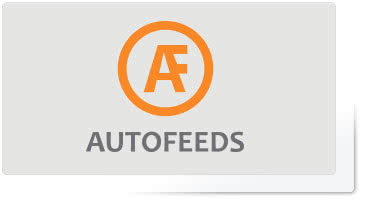 Work smart. Not hard.
Work smart. Not hard.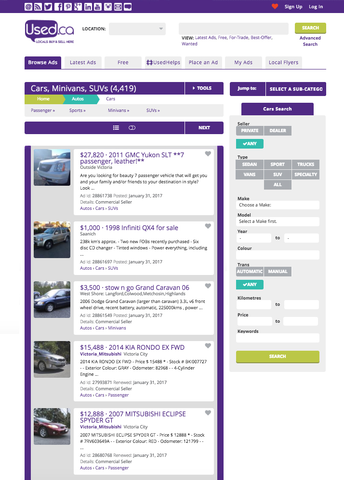

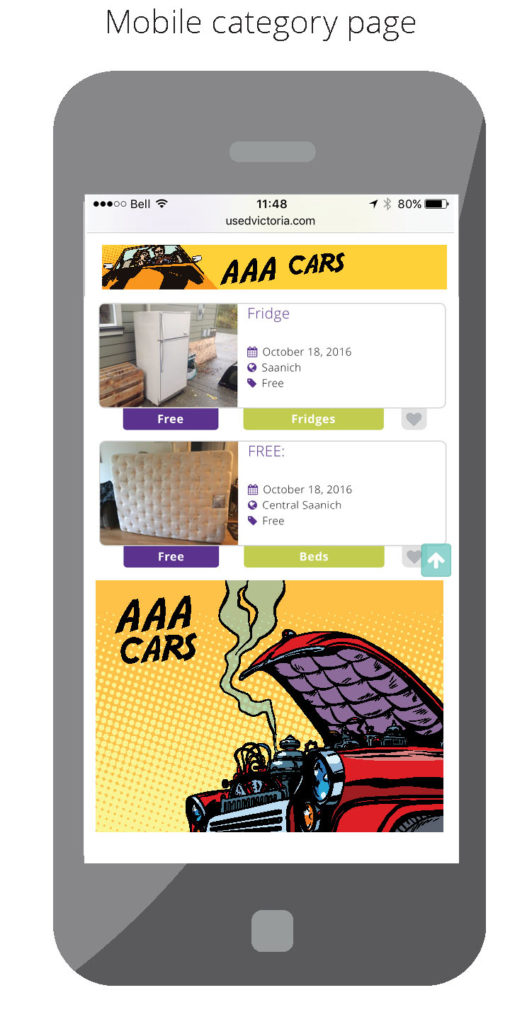

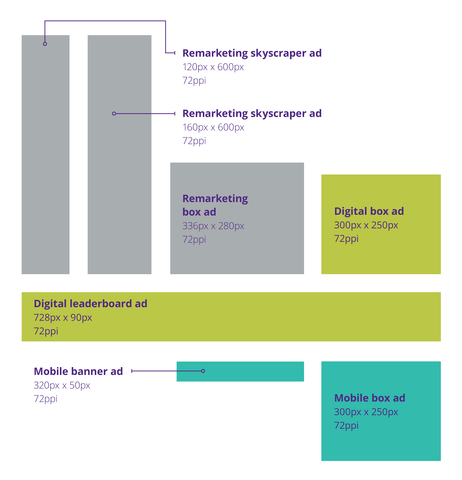
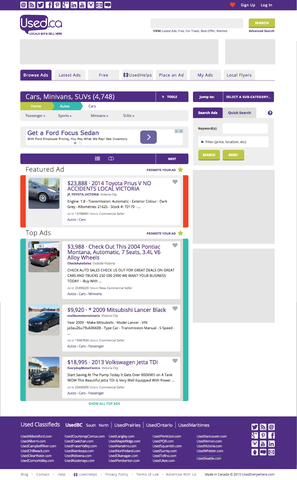
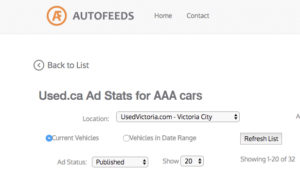
Erin Berube
I was just informed that a new facility just opened in Ontario as well! http://www.milkbankontario.ca/
Sylvia
This is not a new concept. When my sister was born in 1947, she was 2 months premature and required a lot of specialty care. There were no neonatal units in those days and my mom was discharged from the hospital long before my undersized, underdeveloped sister. My parents would take turns each day going to the hospital by city transit (could not afford a car) and feed my sister. My mum saved her milk throughout the day but it wasn’t enough and my sister received donated breast milk supplements. She came home when she was 3 months old. When I was born, (healty full term baby), my mom had an excess of milk and was part of a milk bank that purchased her milk for 10 cents a pint that was inturn used for preemies and other needy babies. That was a few years later. The stay in the hospital now hardly allows for the needed instruction and support for moms to gain the confidence and techniques in place.